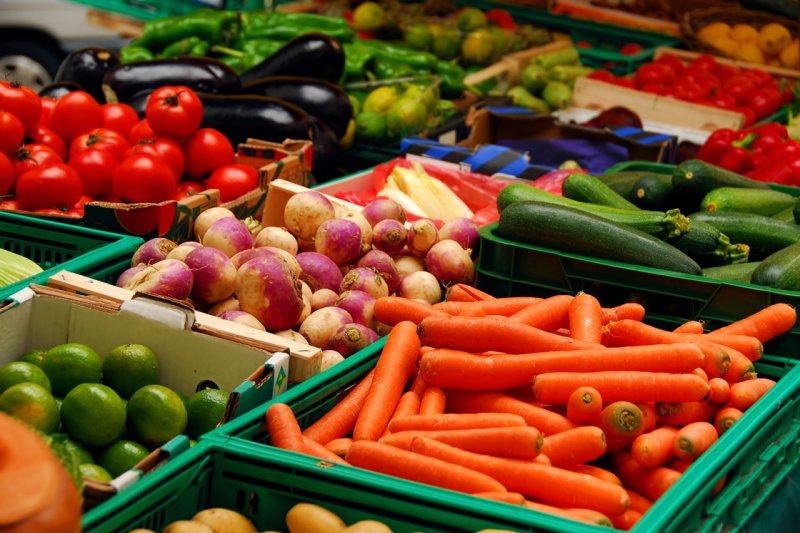Vegetable Exports Fall in Albania due to Crisis
Greenhouse rotting of the second products’ batch of the 2021 season due to lack of demand from abroad, weed and low prices, led to a decrease for the first time in at least 16 years exports of field products to Albania, vegetables.
According to INSTAT data on foreign trade, vegetable exports reached ALL 8,830 million last year, down 0.4 percent compared to last year. Vegetables are the most exported product from the food group with a rapid growth in recent years as a result of investments in greenhouses and the increase of planted area.
From 2010 to 2021, vegetable exports multiplied, reaching a value of ALL 8.8 billion from ALL 464 million in 2010.
The increase in export revenues increased the potential of agriculture in the most productive areas of the country, Fier and Berat. Exports influenced the growth of businesses on farms, became a cause for investment in technology, modernization and expertise.
However, the lack of subsidies in the production sector, high input prices, combined with the lack of export demand in the last months of 2020, led to a decline in incomes for farmers.
The situation is not at all optimistic this year either. The agricultural chain since production, storage, processing and export does not expect growth in 2022.
Farmers have announced a reduction in plantings this season. Vladimir Çela, who owns one of the largest forms in the Fier area, said that farmers have planted fewer greenhouses. The cause was high secondary planting prices and high debts to input suppliers, Cela said.
Gentian Ziu, a farmer in the Kutallia area in Berat said that, the production in greenhouses will be lower in 2022 as many greenhouses have not been planted with tomatoes and cucumbers.
And in the fields the plantings are less as urea and nitrate have been reached almost 100%.
Even the rest of the chain are not optimistic, especially exporters. As a result of the abolition of the VAT subsidy scheme. Fruit and vegetable collection and export companies in the country claim they do not expect growth next year.
Historically agricultural businesses, especially manufacturing farms, have suffered from low profit rates, but recently rising raw material costs and market shortages are leaving hundreds of hectares of land uncultivated for next season. In the areas of Fier and Lushnja, this year, urea is sold 120% more expensive and nitrate almost 250% more than last year.
Costs for all poisons and other pesticides, greenhouse plastics and iron have also increased, while collection prices have remained low.
(Source: Monitor)













